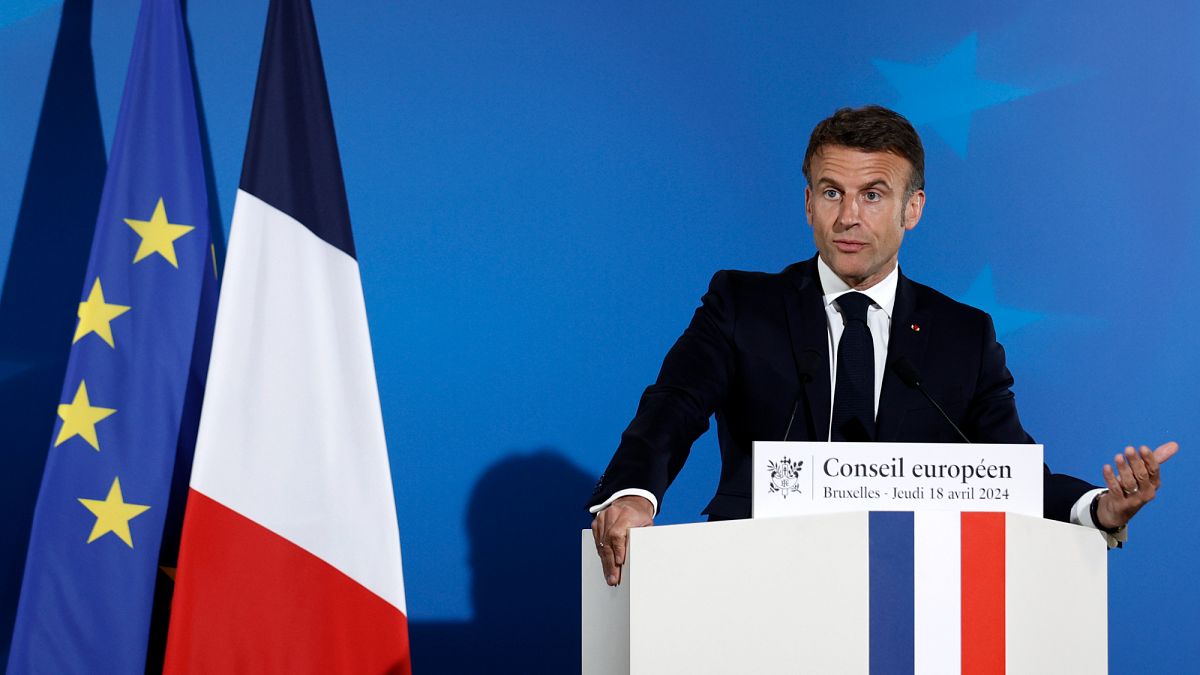

In a world that is constantly evolving, recent developments in international diplomacy showcase the nuanced and often complex nature of global relations. This week has provided us with significant insights from different corners of the globe, as leaders engage in dialogues and actions that may shape the future trajectory of their respective regions. Whether it is trade negotiations or reaffirming peace treaties, these events are unfolding with a tone of cautious optimism and deliberate engagement.
First, let us focus on the trade discussions between the European Union and the United States. It has been revealed that the trade deal, while receiving initial approval, is still open to further negotiation, as suggested by French President Emmanuel Macron. He emphasizes the necessity for ongoing dialogue and the possible implementation of rebalancing measures if required. This indicates a thoughtful and comprehensive approach to ensuring that the trade agreement is mutually beneficial and sustainable for both parties involved. Macinron’s stance reminds us that while initial agreements are critical milestones, the reinforcement through continued negotiation ensures long-term success and stability.
The strategic partnership between the EU and the US is a cornerstone of transatlantic relations, impacting various sectors, including agriculture, technology, and manufacturing. The current focus on additional negotiations underscores the dynamic nature of international trade agreements, where adaptability and a willingness to reassess terms can lead to stronger economic ties. As these discussions continue, stakeholders remain hopeful that cooperative measures will emerge to address any disparities and strengthen economic collaboration.
Meanwhile, in Southeast Asia, after days of significant unrest, Thailand and Cambodia have agreed to reaffirm a ceasefire. This development arrives after some of the most intense fighting in years, resulting in the tragic loss of at least 41 lives, predominantly civilians, and displacing over 300,000 individuals. The reaffirmed ceasefire reflects the two nations’ commitment to peace and stability in the region. It is a reminder of the delicate balance required in maintaining peace and the continuous efforts necessary to nurture harmonious coexistence between neighboring countries.
The commitment to peace is reflected in the statements and actions of leaders who have expressed a shared interest in avoiding further conflict and prioritizing the safety and well-being of civilians. Efforts to re-establish mutual trust, dialogue, and collaboration among regional leaders are ongoing. This proactive engagement highlights the importance of diplomacy and measured strategies in conflict resolution and reinforces hope for sustained peace.
Elsewhere, Canada has embarked on a significant diplomatic gesture by announcing its recognition of Palestinian statehood. This decision, made by Prime Minister Mark Carney, aligns with recent commitments from other global powers, including the United Kingdom and France. Such recognition is a powerful statement in international relations, carrying symbolic and practical implications for the peace process in the Middle East.
Canada’s move is reflective of an evolving diplomatic landscape, acknowledging the aspirations of Palestinian statehood and contributing to the broader dialogue on achieving lasting peace in the region. It mirrors a collective international trend toward addressing longstanding conflicts through recognition and political support, facilitating conditions necessary for constructive dialogue and agreement. Through its recognition, Canada joins a growing number of nations advocating for a two-state solution, encouraging negotiations that respect the rights and aspirations of both Palestinians and Israelis.
In conclusion, these various diplomatic engagements demonstrate the multifaceted nature of international relations today. From economic negotiations to peace-building efforts and symbolic recognitions, each step taken by world leaders carries with it a vision for a more connected and peaceful world. These developments affirm the importance of diplomacy, dialogue, and cooperation in addressing the challenges and opportunities that globalization presents. As we observe these stories unfolding, there is solace in knowing that calm, deliberate, and mindful approaches are at the heart of shaping a balanced and harmonious global community.
Source: {link}
